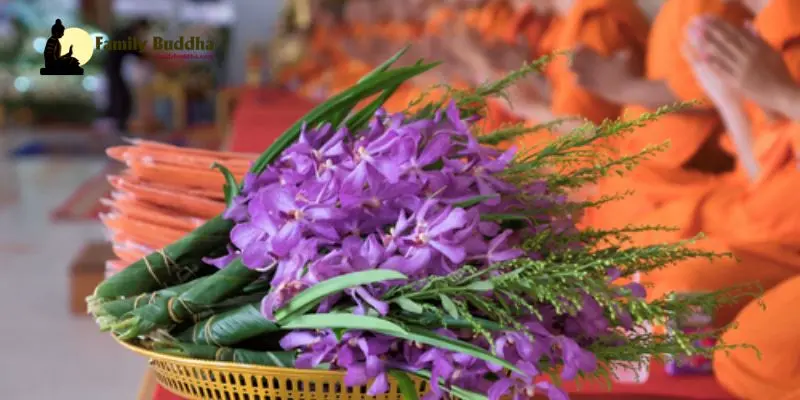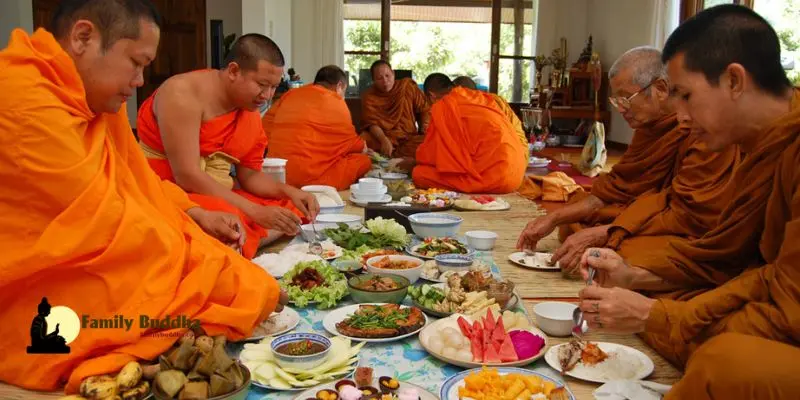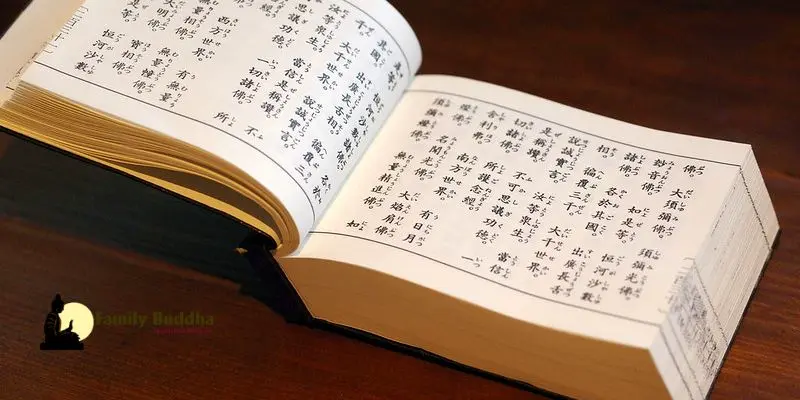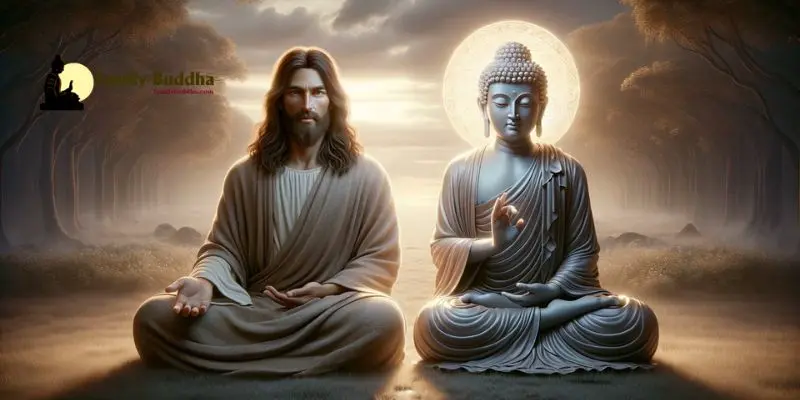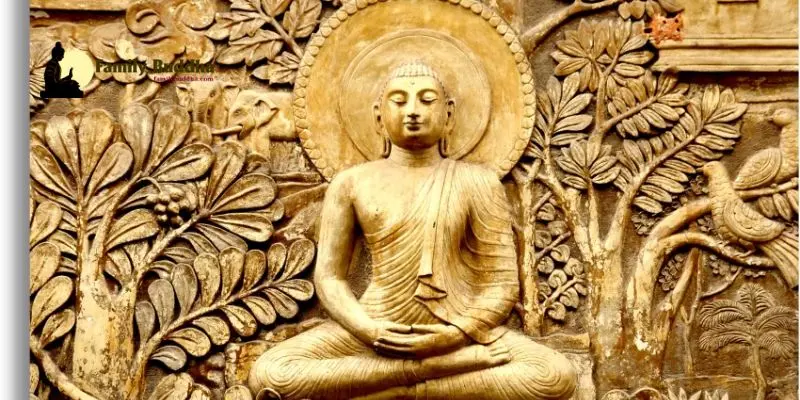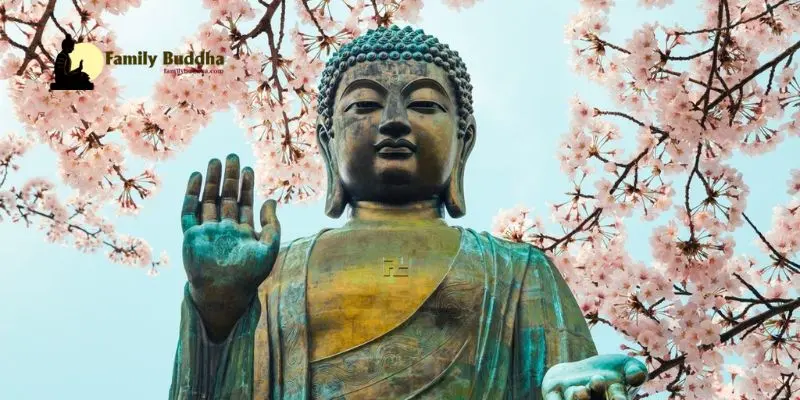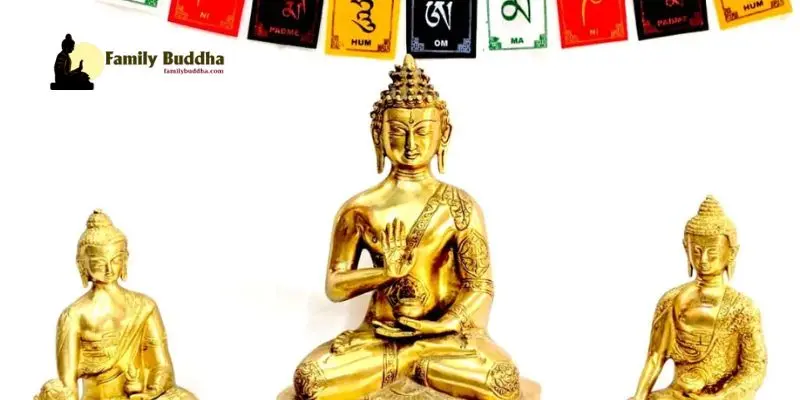When a beloved individual passes away, extending sympathy through flowers becomes a gesture of expressing condolences and standing by the grieving family. Nonetheless, in the context of a Buddhist Funeral Service, it’s crucial to honor specific cultural and religious customs when selecting appropriate flowers to offer. In this blog, Familybuddha.com will navigate you through the process of choosing the right sympathy Buddhist Funeral Flowers.
Understanding Buddhist Funeral Customs
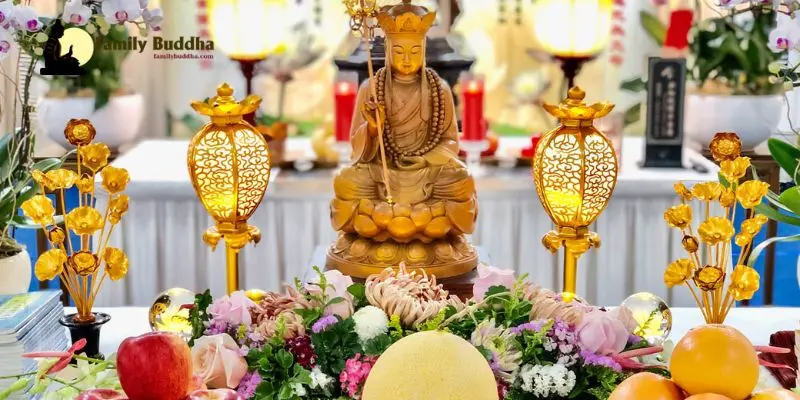
Before delving into the selection of appropriate sympathy flowers, it’s crucial to grasp the customs and traditions surrounding a Buddhist funeral service. Buddhist funerals commonly occur within a funeral wake, a multi-day observance dedicated to mourning the departed and showing reverence. In Chinese culture, these wakes typically span three to five days.
Central to Buddhist belief is the notion that death is a natural progression within life’s cycle, and the soul undergoes reincarnation following passing. Thus, the essence of a Buddhist funeral transcends mere lamentation for the physical form, instead focusing on commemorating the life and legacy of the deceased. Throughout the Funeral Wake, loved ones convene to offer prayers, recite Buddhist scriptures, and enact rituals aimed at facilitating the departed’s journey into their subsequent existence.
Choosing the Right Buddhist Funeral Flowers
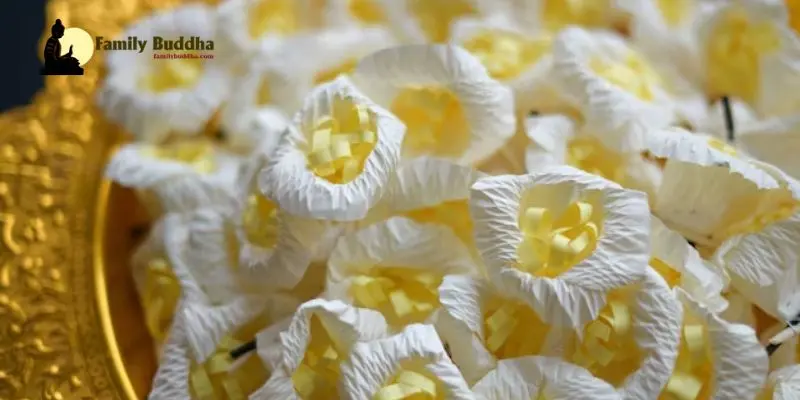
Selecting suitable sympathy flowers is a nuanced process within Buddhist culture, where flowers hold significant symbolism, reflecting life’s impermanence. However, not all flowers align with the solemnity of a Buddhist funeral. Here are key considerations for choosing the right sympathy flowers:
Steer Clear of Excessive Vibrancy or Opulence
In Buddhist funerals, subdued tones are preferred over flashy or brightly colored blooms, which may appear inappropriate for the occasion. Opt for arrangements that exude tranquility and understated elegance.
Embrace Simplicity and Grace
Given the emphasis on the spiritual journey of the departed, simplicity reigns supreme over elaborate displays. Choose modest yet refined floral arrangements that honor the essence of the occasion.
Delve into Symbolism
Each flower holds a unique significance in the Buddhist tradition. For instance, lotus flowers symbolize purity and enlightenment, while chrysanthemums represent the eternal cycle of life and death. Select flowers whose meanings resonate with the essence of the funeral rites.
Mindful Numerology
In Chinese culture, numerology carries weighty significance. Avoid arrangements featuring four flowers or multiples thereof, as the number four is linked with death and misfortune. Conversely, arrangements comprising nine flowers are deemed auspicious, aligning harmoniously with the ceremonial atmosphere.
Examples Of Sympathy Flowers For A Buddhist Funeral
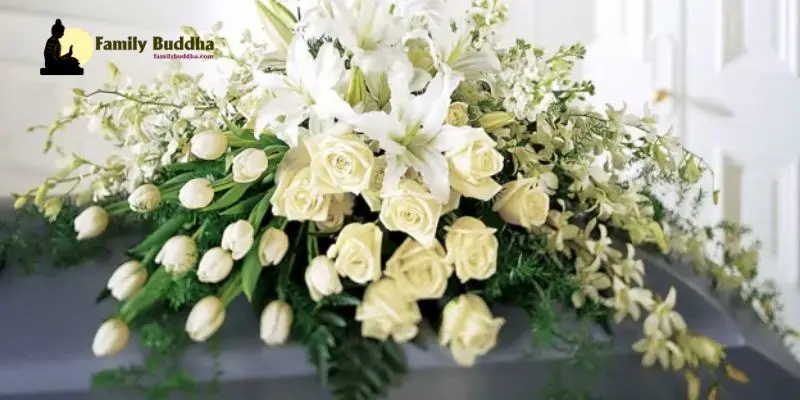
Here are some examples of sympathy flowers suitable for a Buddhist funeral:
- Lotus Flowers: Revered for symbolizing purity, enlightenment, and the journey of rebirth, lotus flowers hold profound significance in Buddhist culture, often gracing funeral arrangements to signify the transition to the next life.
- Chrysanthemums: Reflecting the cyclical nature of existence, chrysanthemums are a prevalent choice for Buddhist funerals. Their muted hues and simple compositions make them an apt tribute to the occasion.
- Orchids: Emblematic of beauty, love, and resilience, orchids convey a subtle elegance, fitting seamlessly into funeral arrangements as a symbol of reverence.
- White Lilies: White lilies epitomize purity and innocence, embodying the soul’s progression towards enlightenment. Their simplicity and grace make them a poignant choice for Buddhist funerals.
- White Roses: Symbolizing purity and the profound respect garnered in life, white roses exude serenity and tranquility, offering solace to grieving hearts.
- Carnations: Expressing love and unwavering devotion, carnations serve as a tender gesture of sympathy and support in funeral arrangements, available in subdued tones to complement the somber ambiance.
- Gladioli: Representing strength and integrity, gladioli are a befitting choice for honoring the departed, their muted colors and unassuming arrangements serving as a heartfelt tribute.
- Bamboo: Beyond floral tributes, bamboo holds significance in Buddhist funerals for its symbolism of longevity and resilience, echoing the enduring spirit of the departed beyond mortal confines.
Conclusion
In conclusion, extending sympathy through flowers serves as a tangible expression of support and condolences for the bereaved family amid their sorrow. Yet, in the context of a Buddhist funeral, adhering to cultural and religious customs becomes paramount in selecting fitting floral offerings.
Opting for subdued hues, modest compositions, and flowers imbued with symbolic significance takes precedence over ostentatious displays. By aligning with these preferences, one can effectively convey heartfelt condolences and honor the enduring legacy of the departed individual.

